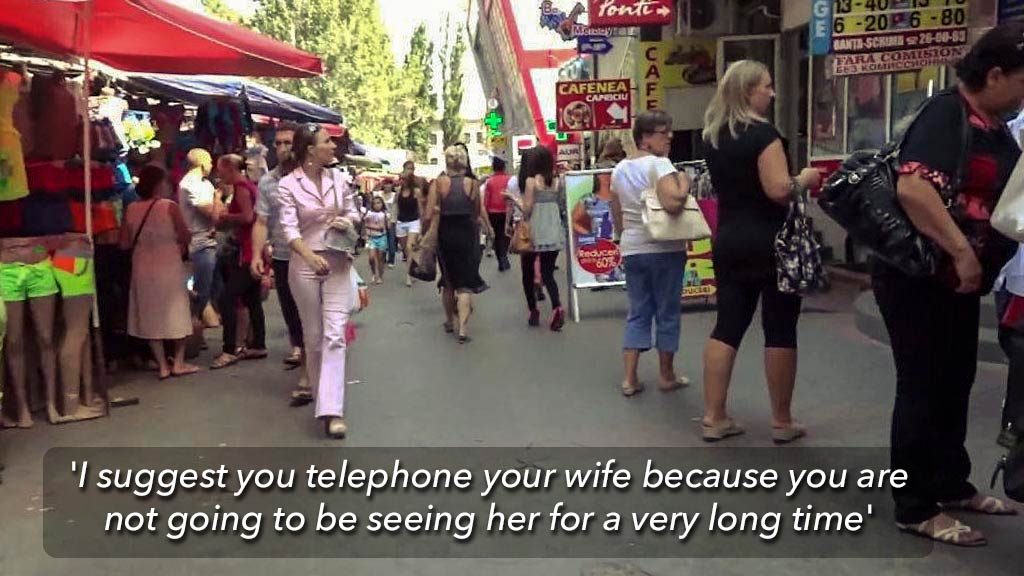This film is one of the winners of the EUandME Young Filmmakers Competition. Alex will do anything he can to keep dancing. Finding himself trapped in a restrictive job, he’s suddenly hit by a spark of inspiration.
Director: Yorgos Zois
Find out what the EU contributes to your life by visiting https://europa.eu/euandme
Watch other short films in the #EUandME series: https://www.youtube.com/playlist?list…
Follow us on: Facebook: https://www.facebook.com/EuropeanComm…
Instagram: https://www.instagram.com/europeancom…
Twitter: https://twitter.com/EU_Commission #EUandME
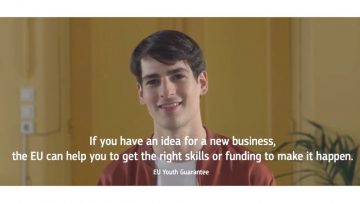
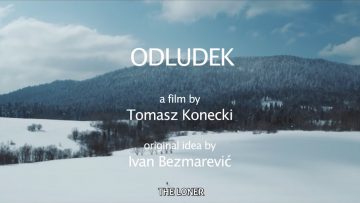
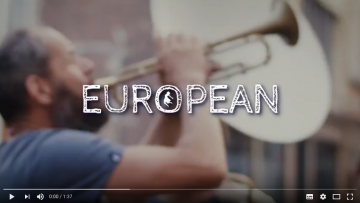
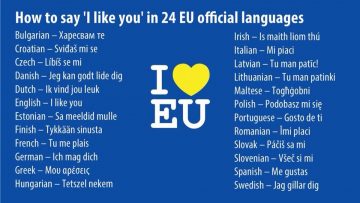
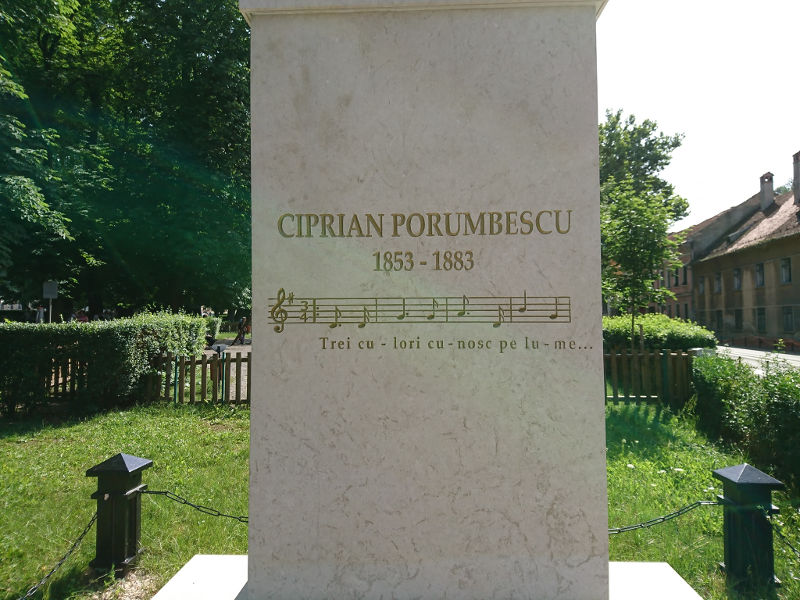

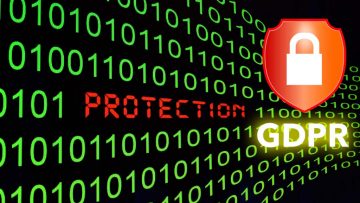
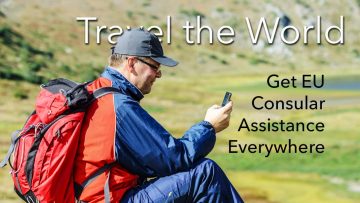
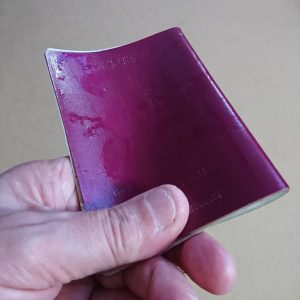 I took the bundle of clothes out of the washing machine. As I separated them, one of the shirts felt a bit strange. There was something in the breast pocket. My passport. ‘Great’, I thought, ‘here I am in Chişinău’ (Moldova) ‘and I’ve just washed my passport.’ To be fair, my passport would have made a good prop in an advertisement for a particular brand of washing powder. All the entry / exit stamps had been washed away completely, proof – if ever such were needed – that this brand did indeed wash whiter. The British Embassy issued me with a letter explaining what had happened and on the day of my departure I turned up at the airport. I presented the lady on the passport control desk with my very clean passport and my diplomatic accreditation card. ‘What happened?’ she asked. ‘I washed it’ I replied, adding ‘not intentionally’ in case she concluded that I might be an idiot. She suggested that it might be a good idea to get a new passport before returning to Moldova and wished me a good journey. I love Moldova.
I took the bundle of clothes out of the washing machine. As I separated them, one of the shirts felt a bit strange. There was something in the breast pocket. My passport. ‘Great’, I thought, ‘here I am in Chişinău’ (Moldova) ‘and I’ve just washed my passport.’ To be fair, my passport would have made a good prop in an advertisement for a particular brand of washing powder. All the entry / exit stamps had been washed away completely, proof – if ever such were needed – that this brand did indeed wash whiter. The British Embassy issued me with a letter explaining what had happened and on the day of my departure I turned up at the airport. I presented the lady on the passport control desk with my very clean passport and my diplomatic accreditation card. ‘What happened?’ she asked. ‘I washed it’ I replied, adding ‘not intentionally’ in case she concluded that I might be an idiot. She suggested that it might be a good idea to get a new passport before returning to Moldova and wished me a good journey. I love Moldova.